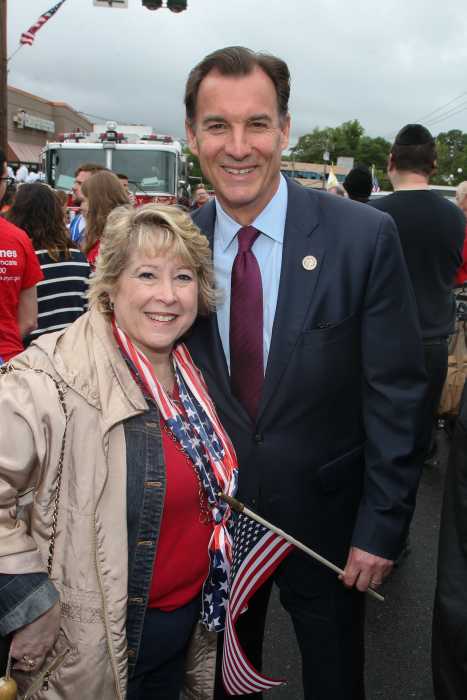By Naeisha Rose
Gov. Andrew Cuomo and Assemblyman David Weprin (D-Forest Hills), the chairman of the Assembly’s Correction Committee, led the fight last Friday to call for an end to the limiting inmate package program, which restricts prisoners from getting fresh foods, books and commissaries from loved ones.
In the afternoon, Gov. Cuomo tweeted that he was working to lift those restrictions on packages.
“I am directing the Dept. of Corrections to rescind its flawed pilot program that restricted shipment of books & care packages to inmates,” Cuomo said. “Concerns from families need to be addressed, while we redouble efforts to fight prison contraband.”
Weprin joined with the chairs of the Assembly of Black, Puerto Rican, Hispanic and Asian Legislative Caucus, the Assembly Codes Committee and the Assembly Health Committee and authored a letter to the state’s Department of Corrections and Community Supervision to reinstate commissary at all 54 prison facilities across New York.
“While drugs and other contraband may be coming in through the package room, the vast number of packages do not contain contraband,” Weprin said in the letter. “Inmate families should be able to send packages to their loved ones without undue restrictions.”
Family members of inmates who were Jewish or Muslim had concerns about the dietary restrictions that the Dec. 4, 2017, directive, which allowed six vendors mostly a limited amount of food to prisoners, according to the assemblyman.
Weprin also cited the unreasonable cost of items from vendors and the types of restrictions on books as also problematic. For instance, the Bible would cost prisoners $7, but the Quran would cost others $30. Prisoners were allowed to choose from only 98 books, 24 of them coloring books.
“Limiting the number of vendors to two, or even a handful of companies, creates an unreasonable burden on prisoners and their families,” Weprin said.
The December commissary directive also discontinued the purchasing of products from bargain stores.
“Disallowing packages from vendors like Target, Barnes and Noble, Walmart and other national companies is unreasonable,” Weprin said. “Asking inmates and their families to pay premium prices for a narrow range of food, books and other items from a few private vendors is hard on the poor.”
Reach reporter Naeisha Rose by e-mail at nrose



































